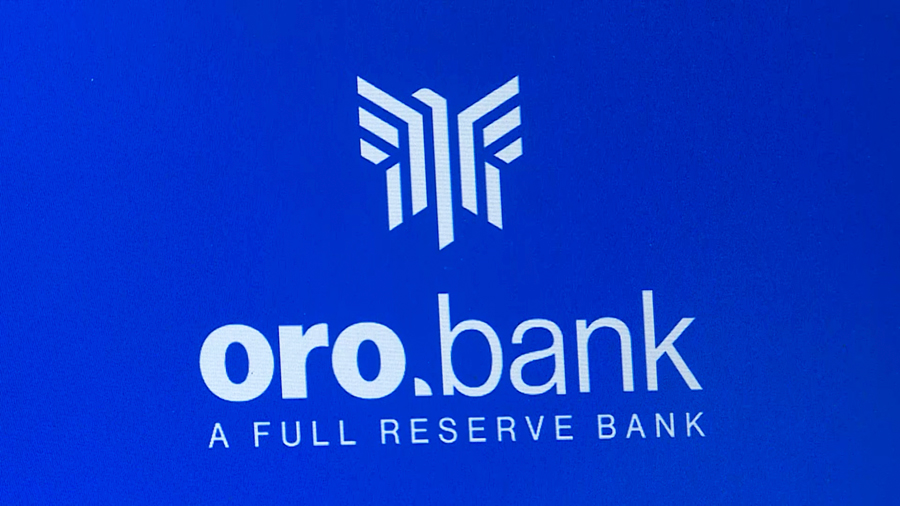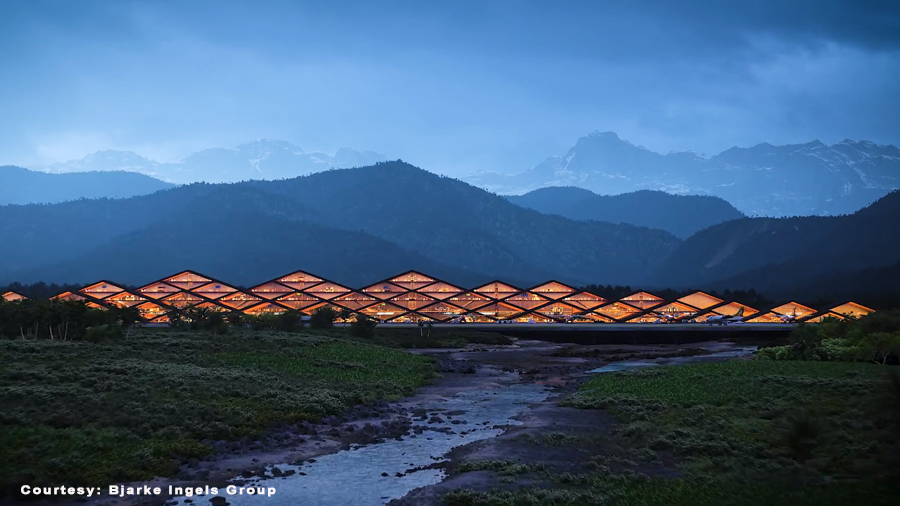
As Bhutan prepares for the Gelephu Mindfulness City, the country is also making progress towards financial security and stability with the launch of Asia’s first full-reserve bank, the ORO Bank. In a departure from traditional fractional reserve banking systems, this new institution, ORO Bank, is launched to revolutionize the industry by prioritizing the safety of customers’ funds above all else.

Currently, almost every bank in the world is a fractional reserve bank. Fractional reserve banking is a system in which only a fraction of bank deposits are required to be available for withdrawal. Banks only need to keep a specific amount of cash on hand and can create loans from the money their customers deposit.
For instance, if an individual deposits a hundred US dollars in a fractional reserve bank, the bank will only keep a fraction of that amount and use the majority of the depositor’s money in creating loans, buying treasuries and in other investments.
In Bhutan, all the banks currently in operation are fractional reserve banks. The CEO of the bank said that the fractional reserve bank exposes the financial system to a greater risk. If too many depositors demand their money back at the same time, the bank may not have enough reserves to meet the demand, in times of economic downturn or a financial crisis.
At ORO Bank, the bank’s CEO said the safety of the customer’s money comes first. The bank’s priority, according to the CEO, is to ensure that the clients’ money is always there when they need it.
“As a full reserve bank, we keep or ORO bank keeps a hundred per cent of the customer’s deposit. So, if the customer deposits 100 dollars, ORO Bank will keep the entire 100 dollars as reserves. ORO bank will not lend it out or make investments with that dollar. So, even when all of the bank’s customers withdraw a hundred per cent of their deposits, the bank will still be okay. It will be unfortunate because the customers are leaving but the bank will not collapse,” said Mike Kayamori, ORO Bank’s CEO.
The bank’s business model is a ‘transaction and fee’ model meaning the bank will charge a minimal fee for every foreign exchange and transactions its customers seek.
ORO Bank is native to Bhutan. The name is derived from dzongkhag term raven. In Spanish, ORO also means gold, giving the bank a dual symbol. The ORO bank, however, will be specifically for global citizens and not for Bhutanese residing in the country.
“Oro has two mandates. One mandate is to serve the Gelephu Mindfulness City. So, we serve people there, the industry there, the projects there. So, our mission is to serve the economy and the finance of the Mindfulness City. But the Mindfulness City will take a lot of time. They are building the airport, they are building the infrastructure. So, it will take a fair amount of time. The other mandate or the other mission is to serve international customers, especially innovators, entrepreneurs, global citizens,” said Mike Kayamori, the CEO.
ORO complies with the global financial intelligence agencies, the Financial Action Task Force and the Office of Foreign Asset Control. As is required by these two agencies, ORO bank will not accept users and customers from blacklist and gray list countries and will adopt global regulatory frameworks and best practices.
For now, the bank will start accepting four currencies which are US dollar, euro, the British pound and the Singapore dollar. In the coming weeks, the bank will also accept Hong Kong dollar, Australian dollar and Japanese yen among others.
Samten Dolkar
Edited by Phub Gyem









